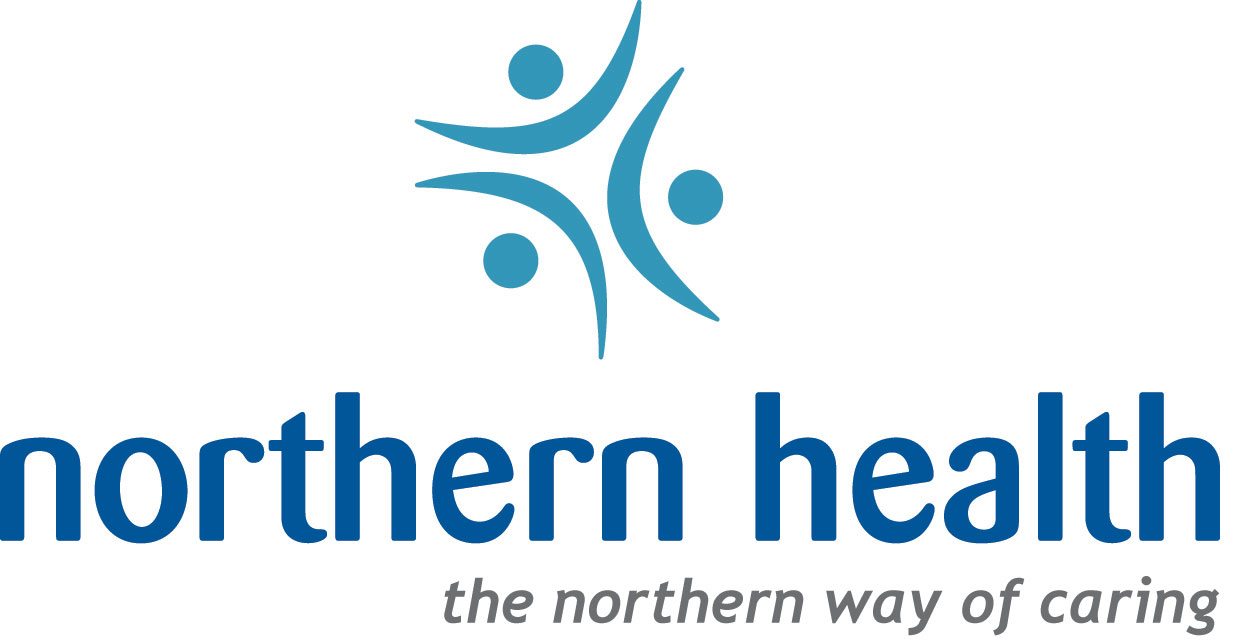Northern Health has announced that it will be expanding the hours of the HIV/AIDS Prevention Program and adding staff to respond to Prince George’s recent overdose spike.
The facility, known as the needle exchange, will now be open seven days a week and will provide a place where people can be safely monitored and immediately treated if they show signs of overdosing. Staff at the site are equipped with and trained in the use of naloxone, an overdose reversing drug.
“Overdose levels remain high in our region, and immediate action can save lives,” says Chief Medical Health Officer Dr. Sandra Allison. “We’re expanding the hours we’ll be open with staff present to support people who are looking for a safe place to keep warm, and also for staff to be able to respond quickly if an overdose occurs.”
While we haven’t seen nearly the number of overdose deaths from fentanyl that other regions in the province have, Allison says that the situation in north is still evolving.
“We definitely have seen an increase in overdose presentations to our facilities, particularly in Prince George and that would be most significant in the last week of November but we’re keeping an eye on it. We’re really trying to understand how to prevent overdoses from happening so we’re expanding our services to include the opportunity for us to monitor and respond to overdoses in a timely manner.”
However, she stresses that the needle exchange will not function as a supervised consumption site, like Insite in Vancouver.
“What we are doing here is really trying to put some fail safes in place to understand the impacts of the drug-using behaviour as well as our climate and our weather to make sure that we’re doing the right thing.”
Public Health officials’ advice to reduce the risk of overdose and death from overdose:
•Don’t use alone; have a naloxone kit handy and ensure the people with you know how to use it;
•Start with a small amount•Mixing substances, including alcohol, increases risk of overdose;
•Use where help is easily available (e.g.,around other people);
•Use less. If you took a break, were in detox/treatment or jail, or are new to use, your tolerance is lower;
•If you have ever experienced an overdose,be aware that you are more likely to overdose again; and
•Make a plan/know how to respond in case of an overdose.
Allison says there’s often more to addiction than meets the eye.
“It’s really important that we understand there’s many drivers behind this overdose epidemic, including determinants of health. Trying to understand why people adopt dysfunctional coping behaviours and really trying to make sure we provide services before that happens is extremely important.”
Northern Health is currently distributing and providing training on the use of take-home naloxone kits for vulnerable populations and their close contacts. More information on where to find a naloxone kit is available here.
Something going on in the Prince George area you think people should know about?
Send us a news tip by emailing [email protected].






